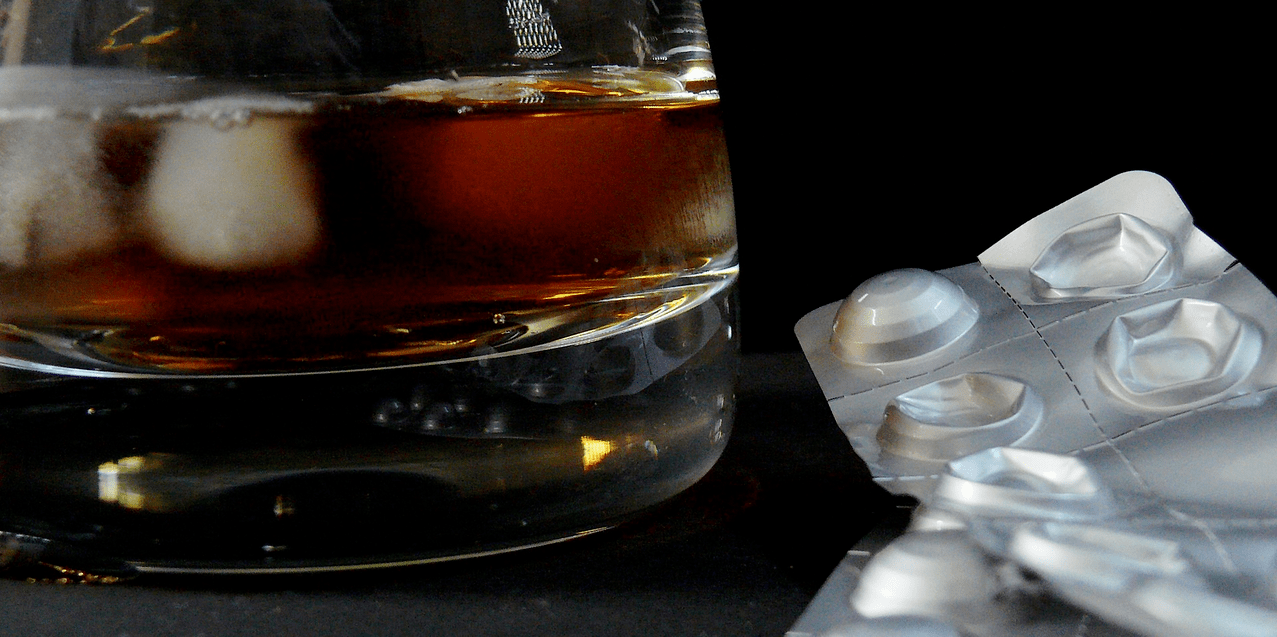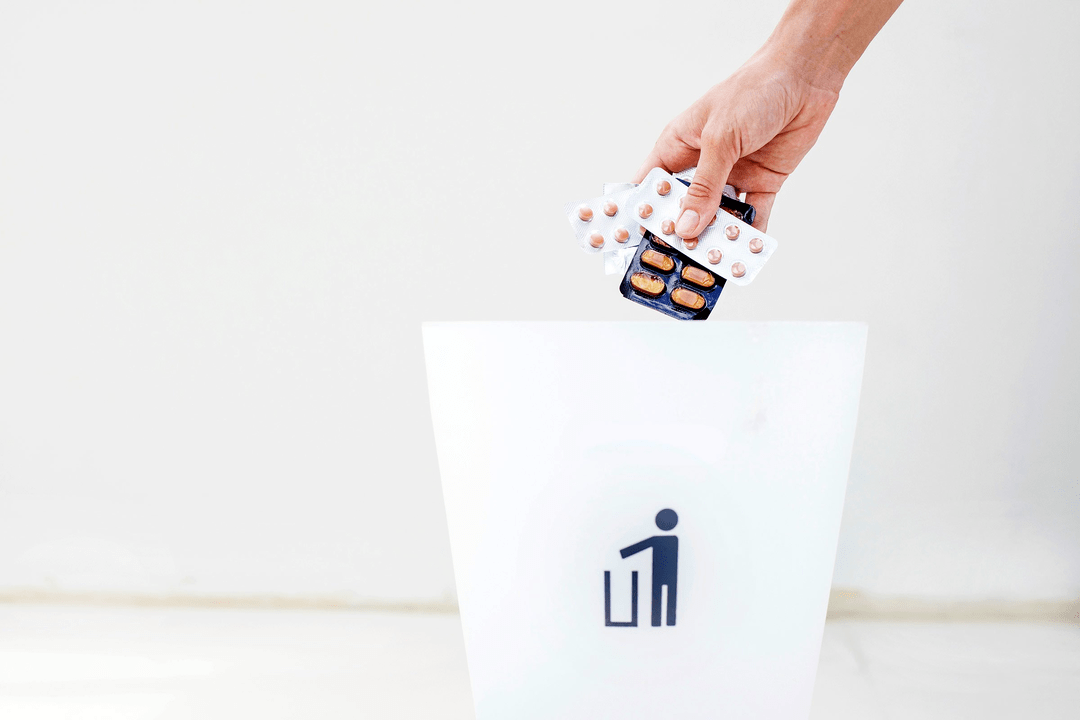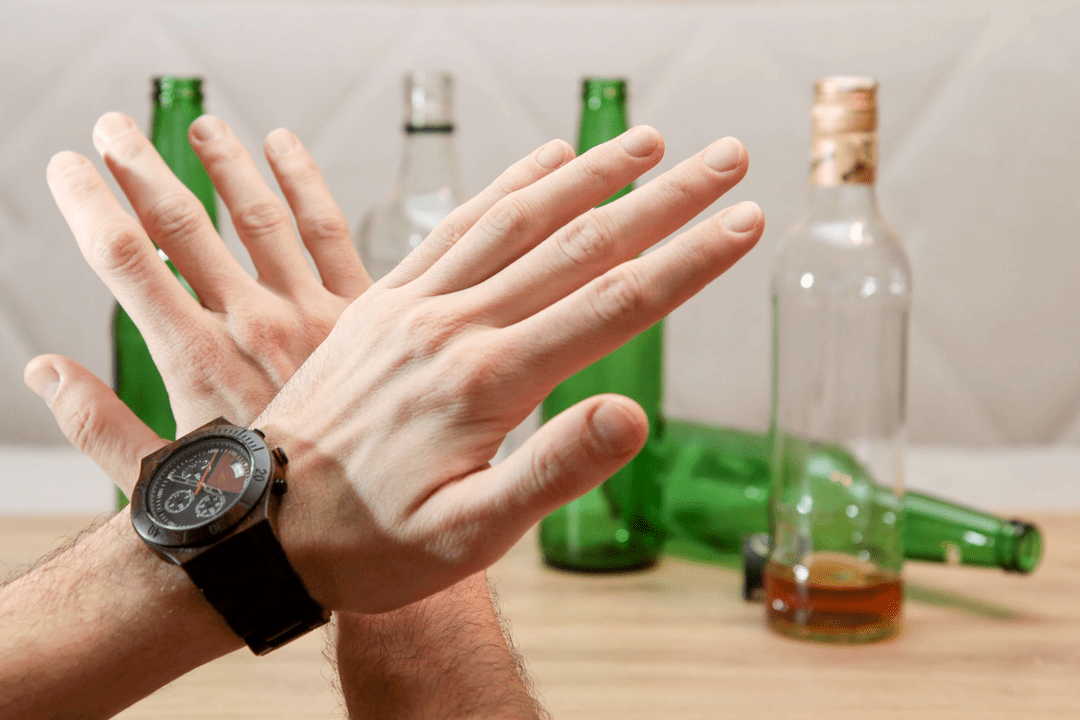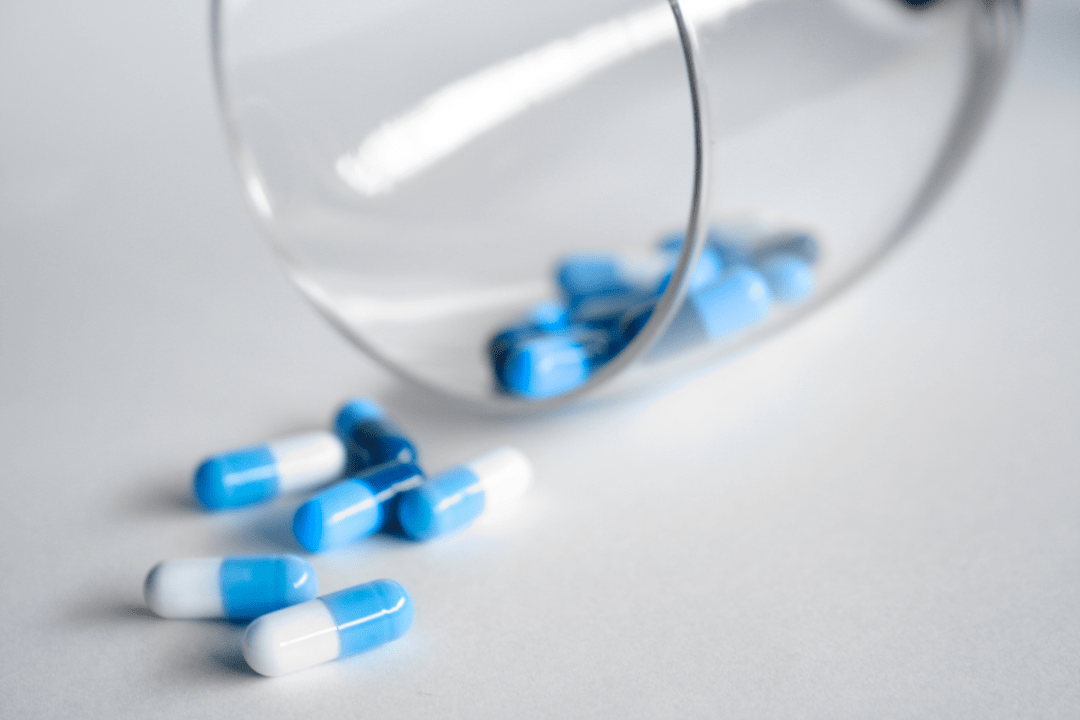Are antibiotics and alcohol compatible, under what circumstances is the danger of this combination justified, and when is it exaggerated? We answer this question in our article.
Sometimes antibiotics are needed. They are prescribed for a variety of ailments, and often it happens completely "at the wrong time": on the eve of a long-awaited celebration or, for example, a corporate party.
Finding themselves in such a situation, some feel bored at the party table, categorically refusing even a glass of wine or a sip of beer, others decide to stop taking antibiotics, absolutely sure. that they do less harm to their bodies. .
Book now: skipping a dose or two can affect the effectiveness of the treatment, besides, taking antibiotics irregularly will make the pathogen resistant to its effects and thus only make it worse. aggravate the problem. To defeat the bacteria "hardened" by these experiments, you will have to increase the dose or prescribe stronger drugs.
And what if you drank a glass of wine or a pint of beer against the antibacterial treatment? Most likely nothing. According to British scientists, cited by the Russian Air Force, alcohol does not affect the activity of most commonly used antibiotics. They are neutral in relation to each other, which means that unpleasant "side effects" should not be expected from such a combination, of course, if the problem is limited to a glass of wine and we do not sayabout certain drugs should not be mixed with alcohol in any quantity.

To understand all the risks associated with the simultaneous use of any drug, including antibiotics, with alcohol, you should read the instructions carefully and make sure that this very point is not there.
What antibiotic is best not to be combined with alcohol?
It is not advisable to take risks and drink alcohol during treatment with antibiotics of this class, as some studies confirm that ethanol weakens their effects.
It is also important to take into account the fact that the substances metronidazole and tinidazole participate in a chemical reaction with alcohol and enhance its toxic effect on the liver. The data on this score is rather conflicting, however, is it worth the risk?
Some members of the cephalosporin group slow the breakdown of ethanol, thereby causing a disulfiram reaction. These drugs block enzymes that help break down acetaldehyde, which eventually builds up in the body and causes headaches, nausea, fast heartbeat, shortness of breath, seizures, and other unpleasant symptoms.
According to some reports, a similar reaction can also be caused by some bacteriostatic antibiotics, which, however, have not been used frequently lately. The combination of alcohol and antifungal agents is very dangerous.

Alcohol and some antibiotics can not only make the whole treatment ineffective, but also harmful
Long-term use of antibiotics and alcohol
Also, it should be understood that with prolonged use, many antibiotics, including erythromycin, rifampicin, tetracyclines, sulfonamides, nitrofuran, and lincomycin, accumulate in high concentrations in the bile and, over time, can lead to injurytoxic liver. . As the main detoxification organ, it is itself mainly subject to the side effects of drugs. And although phenomena such as cholestatic hepatitis and even fatty infiltration of the liver cells are often temporary, it is still not worth replenishing this vital organ, which will have to work withdouble the amount if needed to metabolize both drugs and alcohol.

Avoiding alcohol is the best option for most medications.
Another argument for avoiding alcohol during antibiotic treatment is ethanol's ability to cause dehydration and slow the overall healing process.
What antibiotics have not been combined with
However, the problem is not limited to just quitting alcohol while on antibiotics. An important role is played by what other medications a person takes and even what should be taken with the medication already taken.
So, for example, a glass of milk taken with an antibiotic pill or a curd casserole could negate all of the drug's benefits. Penicillin and tetracycline, forming stable chelate complexes with calcium, are worst associated with dairy products. But it is acceptable to take erythromycin with milk.
Antibiotics should not be combined with tea, coffee, lemonade, fruit and fruit juices, as well as dishes containing vinegar.
You need to take your antibiotics as directed on a regular basis. If the problem is not limited to taking one medication, it's important to make sure the medications don't conflict with each other. Of course, a qualified doctor will not prescribe incompatible drugs, but even he may not know that you are currently being treated by another specialist and are taking the pills prescribed by him. I prescribe.
Thus, for example, cholestyramine and enteral absorption preparations taken concomitantly with antibiotics reduce the absorption of the latter. Taking erythromycin with oral contraceptives can lead to intrahepatic cholestasis, and some antibiotics can reduce the effectiveness of oral contraceptives.
It is very dangerous to combine cephalosporins with thrombolytics because of the risk of bleeding, and macrolides and fluoroquinolones can enhance the toxic effects of theophylline.

The combination of alcohol and certain drugs can be fatal
Dangerous drugs when combined with alcohol
Do not combine analgesics, antidepressants, muscle relaxants, antihypertensives, antipsychotics, diuretics, antipyretics, cardiovascular drugs, anticoagulants, analgesics, antihistaminesand sleeping pills, and birth control pills with alcohol. In each case, the unwanted side effects will be different, and sometimes quite dangerous.
Finally, we note: in order not to have problems with antibiotics, carefully read the instructions. And of course, you shouldn't decide to take antibiotics on your own. Your doctor should prescribe them. Self-medicating can cause serious health problems.


























